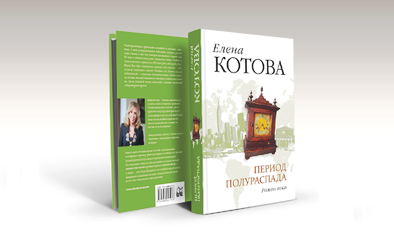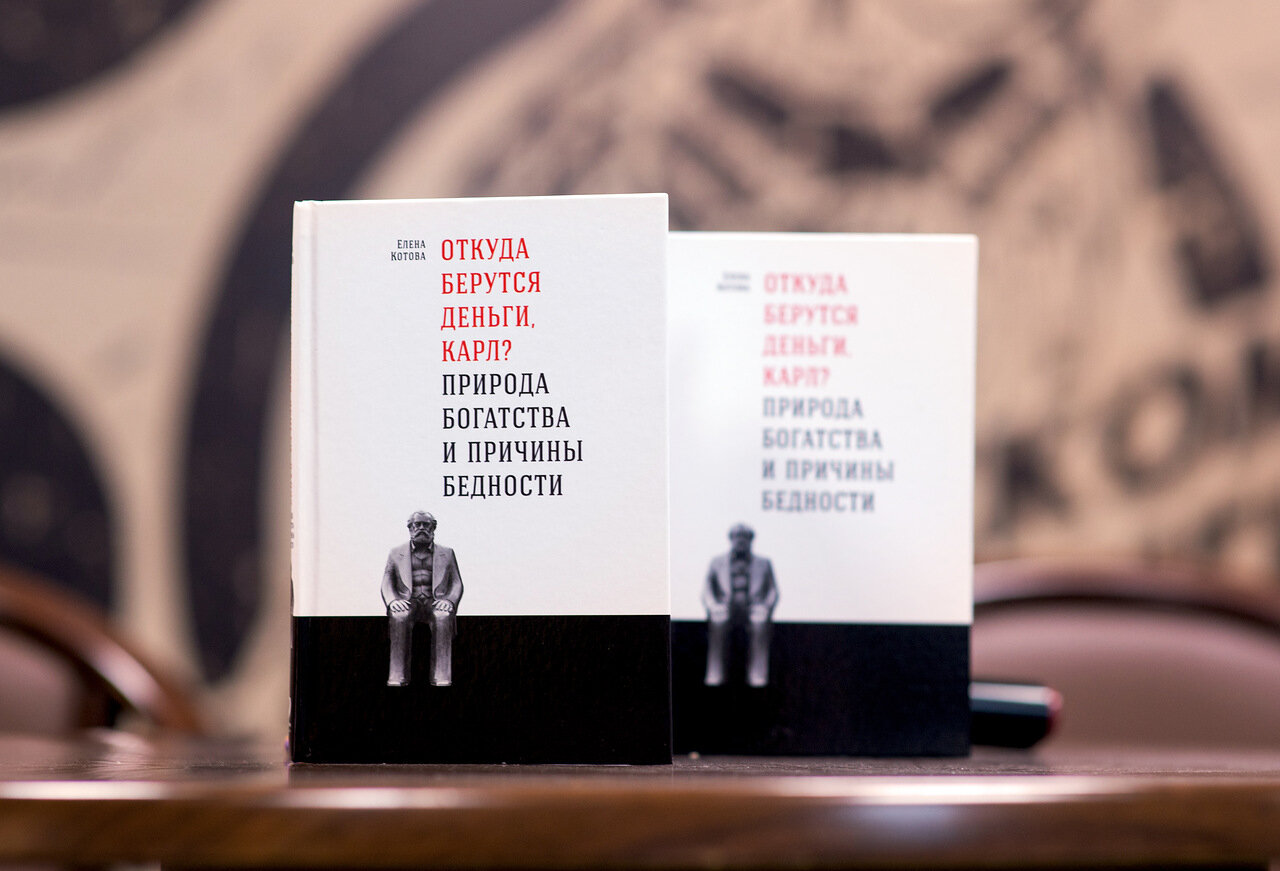
Code of dishonor
VECHE, 2015
Code of Dishonor
A novel by Elena Kotova
(Moscow, 2015, publishing house ‘Veche’)
This heart-stopping thriller about Russian business elite unfolds in the new millennium. Konstantin Alexandrov, the owner of the largest private Russian bank, prepares a colossal deal with foreign investors. Platon Sklyar, a successful corporate raider with skills worthy of Wall Street, builds a gigantic conglomerate through mergers and acquisitions. He aims not just at self-enrichment, but also at modernizing the obsolete Russian timber industry. Both are the new breed, determined to avoid the customary corporate wars and to overcome the unsavory business practices of the 1990’s. They are driven not just by money, but also by desire to want to give their children a more honorable country than the one in which they made their billions.
Their nemesis, Yury Cherniavin tries but fails to elicit Alexandrov’s protection from Sklyar’s hostile take-over of his pulp mill. He is forced to sell his asset to Sklyar. Entrenched in the tit-for-tat mentality, he feels robbed and wants revenge. He exploits the state’s paranoid suspicion of foreigners and uses his crony officials to hinder Alexandrov’s deal with Italian investors.
Sklyar’s aggressive acquisitions culminates in a hostile take-over of a landmark pulp enterprise, with raid and shooting, which unleashes a 90’s-style war across the entire northern Russian region. Alexandrov’s bank is the financier of this massive and expensive war. The bank resources get drained and it fell under a prejudiced state scrutiny.
Prior to Alexandrov’s happy marriage of 17 years, he loved romantiс girl Lydia. After their split Lydia’s heart was broken and she happened to have married Cherniavin. Her life is miserable, she dreams of sending her two daughters to study in the UK, away from the tyranny of their father. She turns for a help to Alexandrov, and reluctantly confesses that Masha, her oldest, is actually Alexandrov’s daughter. Alexandrov commits to sending all three ladies to London and to pay for the girls’ education. Cherniavin is enraged and goes as far as putting his wife Lydia to a mental hospital. Masha dashes to Alexandrov for help, and they start building friendly trust. Eventually Alexandrov helps Lydia and her daughters to get to London, not without a helping hand from Sklyar, who forced Cherniavin to allow this departure, having blackmailed him. Meanwhile, Sklyar presses Alexandrov to sell the controlling stake to an obscure financial group.
Alexandrov does not hold a grudge against Sklyar: it’s only business. But another shock is underway: in Oxford, Masha Cherniavina meets Pavel Sklyar, the son of the mogul. The young people fall in love. Sklyar-father is adamantly against a union between his son and the daughter of Cherniavin. He seeks advice from Alexandrov, not knowing who Masha’s real father is, and this awkward conversation ruins their friendship.
The war in the North grows, and Sklyar is tragically killed by a sniper. His son, Pavel and Masha have enough money, and want to have their own life, unencumbered by the “Wild West” of Russian business. Masha expected that Alexandrov would handle the Sklyar empire, but yet another misunderstanding leads her to believe that Alexandrov betrayed her and the memory of his friendship with Sklyar-father.
After the loss of his bank, Alexandrov recovers at resorts in Europe. From TV news he learns that the UK police had arrested Cherniavin on allegation of murder of Platon Sklyar. Now it is his duty to tell Masha who her real father is, so that the girl does not live for the rest of her life believing that her father killed the father of her future husband.
Masha goes into denial: “How lovely, there were two father scoundrels, now there are three of them”. To her, Sklyar is a raider, Alexandrov is a traitor, and they are hardly better than Cherniavin: they lie, they deceive, they follow rotten practices of the country which Masha only wants to forget.
Alexandrov tries to be heard by his daughter. Neither Masha, nor her husband would ever be free from the money of their fathers. This money has bought them a place in a better country. Children are not free to deny their fathers their Code of Honor, and certainly not free to equate them with the likes of Cherniavin. Despite her youth’s maximalist vigor, Masha reluctantly has to accept the Alexandrov’s wisdom: judging and punishing their fathers is not going to make her and Pavel any happier. They both have to live and to cope with the legacy they have.
Oddly, it is in this difficult conversation that the reader – unlike the novel’s characters – finds out the whole truth about Sklyar’s death, which was by far a more complicated affair than a traditional Russian contract killing.
About the author: Elena Kotova’s path through life is remarkable and unique. She had become a renown writer after a successful career as an economist, later as a prominent international financial figure. Her other major works include:
Kashchenko! Notes of a not-a-crazy (2015), bestseller;
Half-Life (Period poluraspada) (2014), bestseller, Literary award “The Book of the Year 2015”;
Women’s Corporation (Aktsionernoye Obshchestvo Zhenshchin) (2012);
Newton’s Third Apple ( Tretje Yabloko Newtona). 2012;
Keeping It Easy! (Legko!), bestseller, 2011
Book reviews
Reader comments
Book reviews
Reader comments








